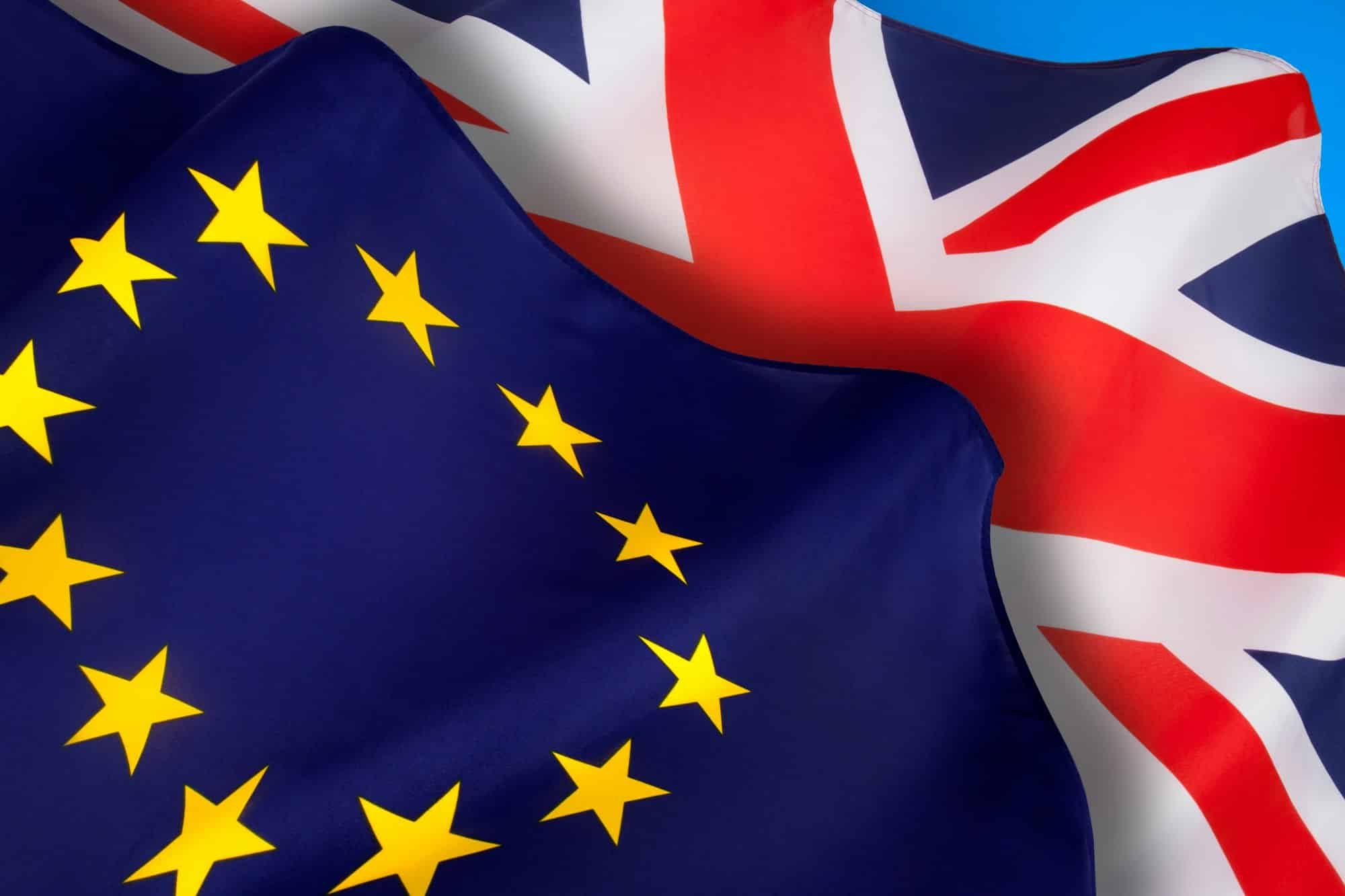Brexit, a term coined to embody the United Kingdom’s exit from the European Union, has spurred numerous debates and raised a plethora of questions. Among these, one query that continually resonates is: "What are the implications of Brexit on UK property finance for EU nationals?" This article aims to enlighten individuals on this matter, focusing on factors such as property prices, mortgages, and investment prospects. The influence of Brexit on these areas has potential repercussions not just for British citizens, but also for European nationals and expats.
Property Prices in the Wake of Brexit
Brexit’s impact on property prices is a hot topic, particularly for those interested in buying a property in the country. Understanding these fluctuations is crucial for both British citizens and European nationals looking to invest in the UK’s property market.
Sujet a lire : Is it wise to invest in UK coastal properties given the current environmental concerns?
When the Brexit referendum results were announced, it sent shockwaves through various sectors, with the property market being no exception. Uncertainty gripped the nation, resulting in a sluggish property market and a slowdown in the rate of property price growth. Nonetheless, the market has shown signs of resilience with some regions in the UK, particularly in the north, witnessing a rise in property prices.
Despite the initial chaos, the ‘Brexit effect’ on property prices appears to have been short-lived. Buyers, including EU nationals, have returned to the market, encouraged by the fall in prices immediately after Brexit. However, it is crucial to consider regional variations while making property investment decisions in the UK post-Brexit.
Lire également : How does the UK’s Stamp Duty holiday impact your property investment strategy?
Brexit’s Impact on Mortgages
The mortgage market has also been subject to the whims of Brexit, shaping the buying choices of both locals and foreign nationals. Brexit has brought considerable volatility to the mortgage market, making it a crucial element to comprehend for potential property buyers.
Interest rates, which directly influence mortgage repayments, have fluctuated since the Brexit process began. Initially, the Bank of England reduced interest rates to encourage spending and boost the economy. This action made mortgages cheaper, thereby attracting investors, including European nationals, to the UK property market.
However, the subsequent economic uncertainty has led to sporadic increases in these interest rates, causing potential difficulties for those with variable-rate mortgages. It’s essential for EU nationals to consider these fluctuations when deciding whether to take on a fixed or variable rate mortgage in the UK.
Prospects for EU Nationals Buying Property Post-Brexit
The dynamics of buying property in the UK have changed significantly for EU nationals post-Brexit. It is a critical area to explore for those contemplating such an investment, as the rules and regulations that once applied to EU nationals no longer hold.
During the UK’s EU membership, EU nationals enjoyed the same rights as UK citizens when it came to buying property. However, with Brexit, EU nationals may face more bureaucratic hurdles and may have to meet more stringent requirements to secure a mortgage.
But it’s not all doom and gloom. Some lenders are still willing to provide mortgages to EU nationals, particularly those with a permanent right to reside in the UK. It’s crucial that EU nationals research thoroughly to find banks and lenders that are still open to providing mortgages to non-UK residents.
Investing in UK Properties from Abroad
EU nationals living abroad, including British expats, need to consider the implications of Brexit when investing in UK properties. Changes in the political and economic landscape can significantly impact the profitability of such investments.
Much like other investors, EU nationals living abroad have had to navigate the uncertainty of the Brexit aftermath. The devaluation of the British pound following the Brexit vote has made UK properties more affordable for overseas buyers, boosting foreign investment in the UK property market.
However, the flip side is increased uncertainty and potential financial risk. The volatility of the British pound and the potential for further economic instability make investing in UK properties a more risky proposition. The potential for lower rental yields due to economic uncertainty could also impact the return on investment for overseas property buyers.
The Role of Brexit in the UK Holiday Property Market
The UK’s holiday property market has also felt the tremors of Brexit, with implications for both British and EU citizens. The changes brought about by Brexit have altered the landscape of this market, affecting those looking to invest in holiday properties in the UK.
A significant proportion of UK holiday properties are owned by EU nationals. Post-Brexit, these individuals may have faced challenges in managing and maintaining these properties due to restrictions on travel and residence.
However, the UK remains a popular holiday destination, and owning a holiday property in the country can still be a profitable venture. EU nationals and British expats considering this type of investment should research thoroughly and seek professional advice to navigate the complexities brought about by Brexit.
Golden Visa and Brexit: Possibilities for EU Nationals
The impact of Brexit on the UK property market extends beyond property prices, mortgages, and rental yields. For EU nationals, the shift in political ties has affected the Golden Visa scheme, an avenue previously used by many to invest in the UK property market.
The Golden Visa scheme in the UK allowed for foreign nationals to reside in the UK and enjoy other benefits in exchange for a certain amount of investment in the UK economy, often in the form of property investments. However, post-Brexit, the UK government has been reviewing this scheme in light of new immigration rules and restrictions.
Brexit has complicated the process for EU nationals seeking a Golden Visa, adding additional requirements and lengthening processing times. This has created an additional layer of complexity for EU nationals looking to invest in the UK property market.
However, this doesn’t mean that the Golden Visa route is closed for EU nationals. While the process may be more complex, with proper planning and professional advice, EU nationals can still navigate the Golden Visa landscape post-Brexit.
Moreover, the UK government is keen to attract foreign investment, as it plays a crucial role in supporting the UK economy. This may lead to future incentives or adjustments to the Golden Visa scheme that could benefit EU nationals interested in UK property investments.
Conclusion: Navigating the Post-Brexit Property Market
Post-Brexit, the UK property market continues to evolve, presenting both challenges and opportunities for EU nationals. While Brexit has added layers of complexity to buying property and accessing property finance for EU nationals, it has also opened up unique investment opportunities, particularly in light of fluctuating property prices and interest rates.
The key for EU nationals, whether living in the UK or abroad, is to keep abreast of these changes and understand how they impact their property investment plans. This includes keeping an eye on fluctuations in house prices, changes in interest rates, and the evolving landscape of property finance options, as well as understanding the implications of schemes such as the Golden Visa.
In addition, professional advice can be invaluable in helping to navigate the uncertainties of the post-Brexit property market. Expert knowledge can help investors make informed decisions, mitigate potential risks, and maximize the potential return on their property investments.
Ultimately, while Brexit has brought changes and uncertainty, the UK property market remains a viable and potentially profitable venture for EU nationals. With careful planning, thorough research, and an understanding of the evolving landscape, EU nationals can successfully navigate the challenges and opportunities of the UK property market post-Brexit.











